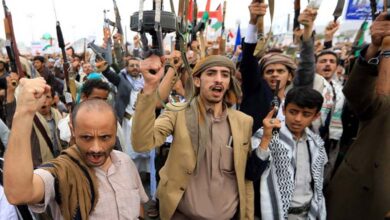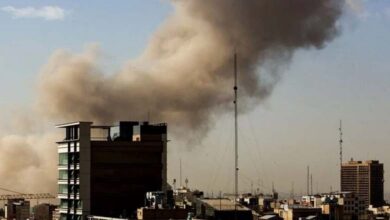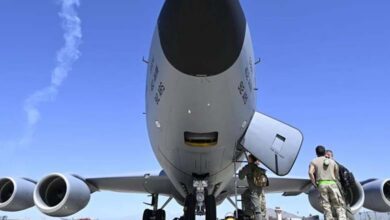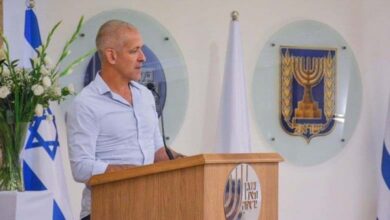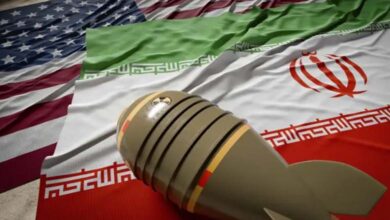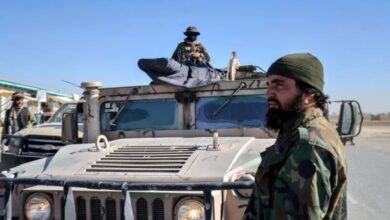Has Terrorism Penetrated Africa to Plunder Its Wealth?
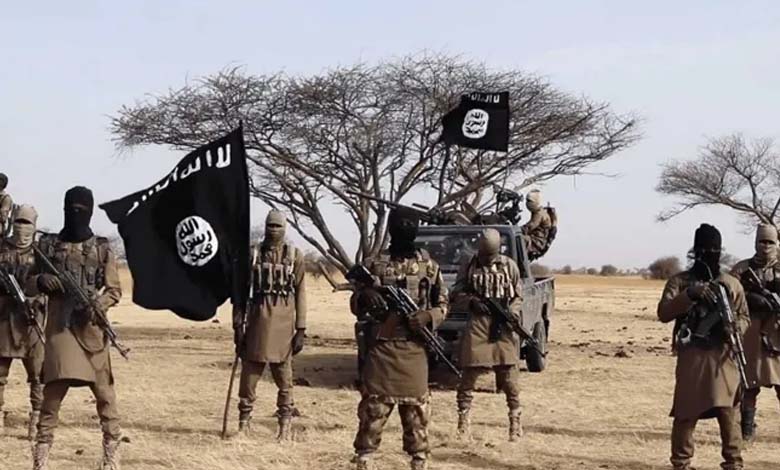
The activities of the terrorist organization Daesh have expanded in Africa, especially in the Sahel and Sahara region. The organization has exploited the security vacuum in these areas to launch new terrorist operations, which Vladimir Voronkov, the UN Under-Secretary-General for Counter-Terrorism, considers a direct threat.
Voronkov recently submitted a briefing to the Security Council, stating that the organization continues to pose an increasing threat, especially amid political and security instability in certain areas, particularly in West Africa and the Sahel region, with intensified activity and a determination to carry out attacks abroad.
Ambassador Salah Halima, Vice President of the Egyptian Council for African Affairs, believes that the changes witnessed in many African countries, particularly in the Sahel region, including a series of military coups and withdrawals benefiting France, have created a more favorable climate for the increase in terrorist activities by movements and terrorist organizations in Africa in general and the Sahel region in particular.
He added in a statement to the Egyptian website “Al-Ahali” that there are many regional and local organizations enjoying international support, noting that the people of the Sahel region and other peoples of the African continent are dissatisfied with the French and American presence, which came with the intention of exploiting these peoples’ wealth under the guise of combating terrorism. The situation has become a conflict between polar and international powers over the continent’s resources.
He affirms that the issue of terrorism is not only a regional or local matter but an international one. There are American forces in the Sahel countries that have experienced coups, as well as their presence in Somalia. The United States has a necessary and desired role in the confrontation, but polar powers with interests are competing for the peoples’ resources under the guise of fighting terrorism, leading us to conclude that the intentions are not as pure as desired, and that the solutions are only partially effective.
Halima stresses the need to address this crisis through regional organizations free from external interventions, such as ECOWAS, calling for solutions to emphasize the African identity of the continent and adhere to the interests of the people without external pressures.
He continues that the regional scramble in the Middle East has led to a presence in Africa under better conditions, helping in the long term to consider the peoples of African countries.




